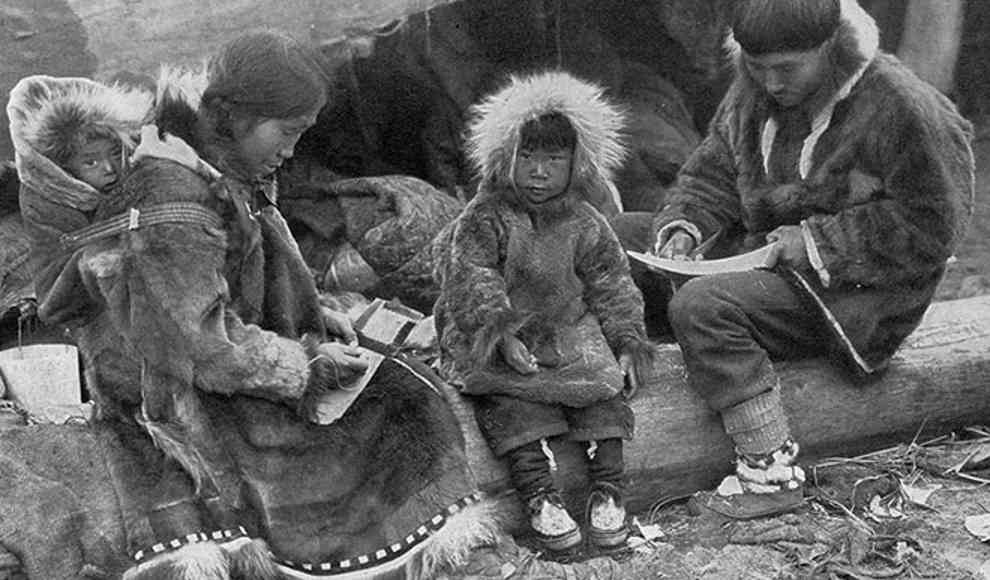Inuit’s genetic adaptation to their extreme environment and high-fat diet has been confirmed by biologists. Researchers have identified specific mutations in the DNA of Inuit that regulate the production of body fat from fatty acids, which are essential components of their diet. These mutations allow Inuit to consume a high-fat diet without damaging their health. Additionally, the mutations increase the production of body heat, which is crucial for survival in Greenland’s icy temperatures. The findings were published in the journal Science.
The study compared the DNA of 191 Inuit from Greenland with that of 60 Europeans and 44 Han-Chinese. The researchers found the genetic mutation in almost all of the Inuit samples, while it was present in only two percent of Europeans and 15 percent of Han-Chinese. The genetic mutation is believed to be at least 20,000 years old, and it allowed Inuit’s ancestors to survive in the arctic climate with a protein and fat-rich diet. The genetic adaptation also limited their body growth, which explains their smaller stature.
The researchers also found other genetic mutations that offer better protection against oxidative stress from high-fat consumption and prevent the development of obesity and diabetes. The study highlights the role of genetics in determining the impact of specific diets on human health. The findings suggest that people’s genes determine which foods are healthy or harmful to them. Therefore, it would have severe health consequences if a European were to adopt an Inuit’s diet. The study provides insights into the genetic adaptation of humans to their environment and diet, which could have implications for personalized nutrition and health.
In conclusion, the study confirms the genetic adaptation of Inuit to their extreme environment and high-fat diet. The genetic mutations in their DNA regulate the production of body fat from fatty acids and increase the production of body heat, which is crucial for survival in Greenland’s icy temperatures. The study highlights the role of genetics in determining the impact of specific diets on human health and provides insights into the genetic adaptation of humans to their environment and diet.










